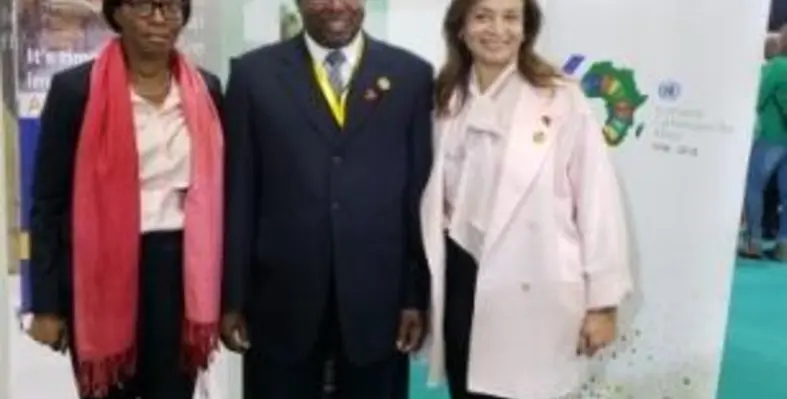Smaller African economies should embrace the African Continental Free Trade Agreement (AfCFTA) for the benefits of an expanded intra-African trade, said Vera Songwe, executive secretary of Economic Commission for Africa (ECA)
“Beyond central technical considerations in relation to the design of AfCFTA modalities, ECA’s assessment reveals that smaller economies should certainly not fear the AfCFTA reforms but rather embrace it; particularly, as African LDCs would be those getting the largest increase in intra-African exports of industrial products,” she said.
She continued, “Our analysis shows that the AfCFTA is win-win for all countries, big and small, agricultural and industrial, landlocked and coastal, in regard to both increases in exports and overall welfare or GDP.”
Songwe said that the ECA is strongly committed to continuing supporting AU member States towards the successful realisation of the AfCFTA.
The ECA is currently assisting member States with the development and implementation of much needed national AfCFTA strategies, to ensure they can best benefit from the reforms.
“A strong emphasis must be placed on education and skills development in Africa to ensure that the adequate workforce is available, especially in industrial sectors, to transform the trade opportunities envisaged from the AfCFTA into reality,” she said, adding the role of the private sector to harness trade for Africa’s development must not be overlooked in the process.
“It is the private sector that trades, innovates and generates most jobs. Each member State must by now have in place an AFCFTA national implementation committee as recommended by the AU Summit that includes private sector participation,” said Songwe.
In order to assist AU member States to address these issues, ECA recently developed a toolkit suggesting several options or criteria come up with lists of excluded, sensitive and non-sensitive products. The institution also undertook an empirical analysis to assess the expected incidence on African economies of the different suggested options according to the two envisaged liberalisation approaches, which is the tariff line approach with double qualification approach.
The trade ministers, in their AfCFTA negotiations, have already agreed to liberalise 90 per cent of tariff lines. As regards the remaining 10 per cent, the current proposal before the ministers of seven per cent of tariff lines to be designated as sensitive products, and three per cent as excluded products representing not more than 10 per cent value, is being hailed by the ECA as a good compromise.
“It shows meaningful liberalisation given concentration of intra-Africa exports under a few tariff lines,” noted Songwe.












